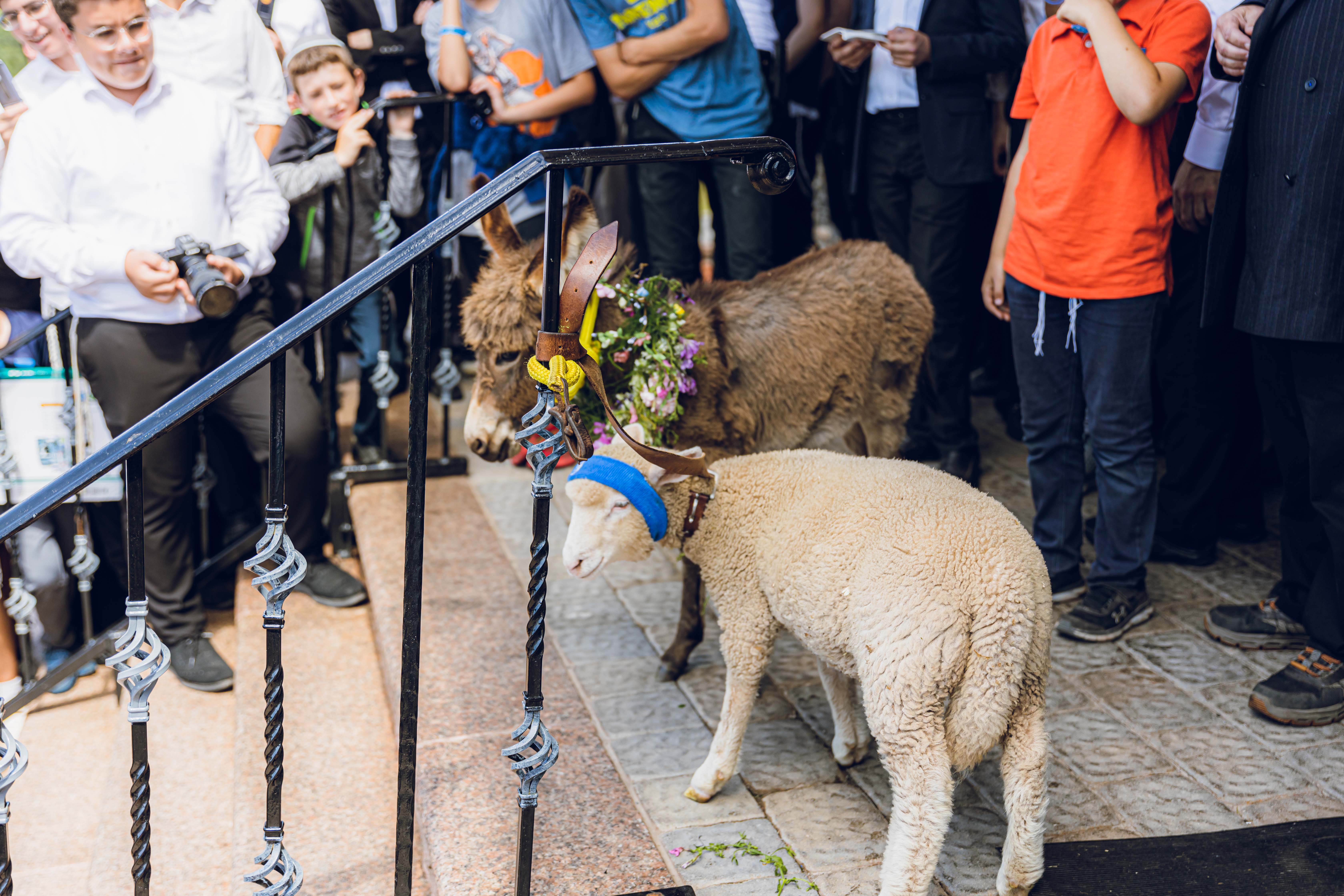God Had Good Intentions
In this week’s Torah reading, Parshat Vayechi, after Yaakov (Jacob)’s passing, his sons approached their brother, Yosef (Joseph). They were concerned that now, as their father is no longer with them, it will be a time of vengeance. They had kidnapped Yosef as a teenager, sold him as a slave, and he was eventually brought to Mitzrayim (Egypt). Since Yosef ruled over the land now, it was in his power to do whatever he wanted in retaliation. His brothers were wary that the only reason he had held back until now was out of respect for their father. Therefore, immediately after their father’s passing, they prostrated themselves and begged that he forgive them.
Yosef, on the other hand, had no such thoughts. He had a different perspective on the matter – a perspective we all ought to adopt. Yosef consoled his brothers with a most astounding response. He said (Bereishit 15:19-20, see Rashi), “How can I think of doing bad to you?! While you may have had wrong intentions, God had good intentions in orchestrating this.” Yosef understood that God has complete control over everything that happens to him. Therefore, despite the ill intentions that his brothers had, ultimately, it was God who decided that he should endure what he did, and God did it for a good reason. Because he understood that his brothers were not to blame for his suffering, he was able to forgive them (as stated in the Midrash, Esther Rabbah 7:25) for the awful act they committed against him.
Bearing a Grudge is Cruel and Causes Harm!
Forgiving is not just a nice thing to do. The Rambam rules (Laws of Teshuvah, 2:10) that one is required to forgive his fellow man who asks his forgiveness for something he had done to wrong him, and it is considered cruelty to refuse to become appeased. Rather, even if one has sinned very greatly against you and caused you much pain, when he asks your forgiveness, the way of a Jew is to forgive willingly and wholeheartedly. The Eliyah Rabbah (606:1) goes even further and says that if someone has wronged you but hasn’t asked for forgiveness, you should go out of your way to appear in his presence to give him the opportunity to ask for forgiveness.
The Talmud says (Shabbos 149b) that one who is the cause for others to be punished, will himself be punished. Why is this so? As an example of this, the Chamro Vechayey (Sanhedrin 102b) points to that which the Talmud says (Sanhedrin 95a) that God told David Hamelech (King David) that he must be punished, for he was the cause of Doeg Ha’Adomi to lose his portion in the World to Come. How is David to be blamed for this? Doeg lost his portion as a consequence for his own actions of slandering King David. What fault is there in David for this?
The Chamro Vechayey answers that it is because he should have forgiven him. When one sins against his fellow man, his sin cannot be forgiven without the forgiveness of the one he has wronged (see Bava Kama 92a). It is therefore an obligation for one to forgive a person who has wronged him, in order to release the one who hurt him from Heavenly punishment. And if as a result of withholding forgiveness, the person who wronged his friend is punished, the victim is held responsible for this and is punished for refusing to forgive him.
I’ve Already Forgiven Him
A wealthy rosh hakahal (head of the community) once disgraced a rabbi in town in a most disrespectful manner. The Ohr Hachaim heard about the incident, and asked the rabbi to forgive the Rosh Hakahal, for the sake of ensuring that peace would reign in the community. The rabbi replied that he need not worry for he had already forgiven him. The rabbi then continued to explain: “The Zohar says that the sins of the Jews weigh heavily on the Shechinah (God’s presence) and cause it distress. Therefore, I always make sure to forgive everyone right away, in order that the sin should not cause agony to the Shechinah.” The Ohr Hachaim praised this rabbi greatly for his conduct.
Forgiving Another Elevates His Soul
Forgiving is not just about doing a service for the person who needs forgiveness. The Yesod Veshoresh Ha’avodah (7:12) writes that one should say every night before he goes to sleep that he forgives all who have wronged him, for forgiving others elevates a person’s soul greatly and is a great merit.
Letting go and forgiving others can be extremely challenging. It can take a long time and a lot of work to bring ourselves to forgive. But this is the way of a Jew. Let Yosef be an example for us. Despite the horrific act his brothers did against him, he recognized that it was all from God, and he was able to bring himself to forgive his brothers. We too, need to learn that anything we suffer is from God, which will help us in bringing ourselves to forgive others.
By Rabbi Yitzchok Aryeh Strimber torah4every1@gmail.com


